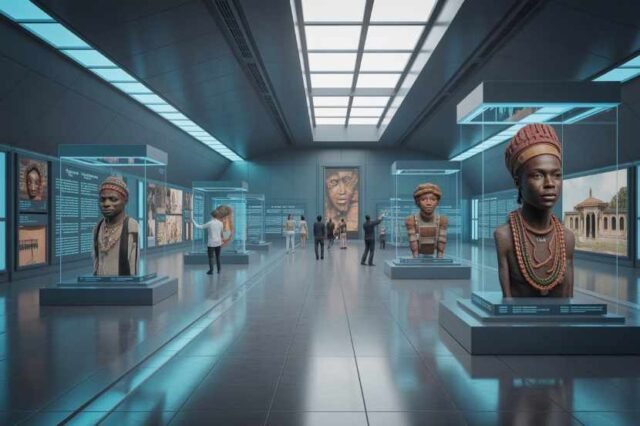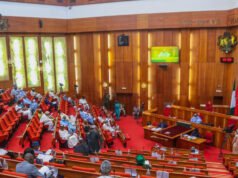Nigeria has taken a bold step into the future of cultural preservation and tourism with the launch of the National Commission for Museums and Monuments (NCMM) Digital Museum. Announced by Hannatu Musa Musawa, the Minister of Art, Culture, Tourism and Creative Economy, this innovative platform positions Nigeria as a continental leader in digital heritage management.
For decades, Nigeria’s cultural treasures were primarily accessible only through physical museums, often requiring travel across cities or even continents. Today, however, that barrier has been shattered. With the click of a button, anyone across the globe can step into Nigeria’s diverse and colourful history—whether a student in Lagos, a researcher in London, or a curious tourist in Tokyo. The Nigeria Digital Museum is more than a website; it is a bridge between the country’s vibrant past and the fast-paced, technology-driven world of the present.
Table of Contents
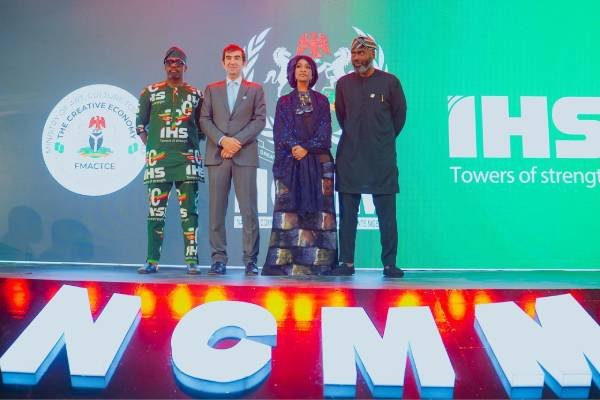
Transforming Tourism Through Technology
The Nigeria Digital Museum arrives at a time when digital tourism is experiencing a global boom. Around the world, cultural institutions like the Louvre in Paris or the Smithsonian in Washington DC have embraced digital platforms to give wider audiences access to their collections. Nigeria’s entry into this space signals not only progress but also a deep commitment to cultural conservation.
This platform is designed to do more than simply display static photographs of artefacts. It offers interactive exhibitions, guided virtual tours, and multimedia storytelling that breathe life into relics of ancient kingdoms, traditional art, and national monuments. A visitor can explore centuries-old Nok terracotta sculptures, trace the history of Benin bronzes, or experience Yoruba masquerade traditions—all without physically stepping into a gallery.
For Nigeria’s tourism industry, the implications are immense. Digital experiences are not just complementary; they are fast becoming a primary entry point for global travelers. Many tourists now prefer to explore online first before deciding to book a trip. With this platform, Nigeria is effectively creating a “digital first impression” that could spark curiosity and inspire real-life visits.
Equally important, the digital museum gives Nigeria an opportunity to reach demographics that might otherwise remain excluded. Tech-savvy young people, schools with limited budgets for field trips, diasporan Nigerians seeking reconnection, and international researchers can all access Nigeria’s cultural wealth freely and conveniently. This democratisation of heritage is a major win for both the tourism economy and cultural education.
Preserving Heritage in the Digital Era
Nigeria’s cultural legacy is vast, stretching across hundreds of ethnic groups, languages, traditions, and historical eras. From the Sokoto Caliphate to Igbo-Ukwu bronzes, from Tiv crafts to Efik masquerades, the Nigeria Digital Museum showcases a richness that has long deserved global attention.
At a time when many cultural heritage sites face threats from climate change, urbanisation, looting, and armed conflict, digitisation provides a critical safeguard. By archiving and showcasing artefacts online, Nigeria ensures that even if physical objects are damaged, stolen, or lost, their stories remain alive. This approach mirrors global best practices, but with a uniquely Nigerian flavour—infusing technology with storytelling rooted in oral traditions.
The platform also carries symbolic weight in the ongoing debates about the repatriation of looted artefacts. Many Nigerian treasures remain in foreign museums due to colonial exploitation. While international negotiations continue, the digital museum ensures Nigerians at home can still interact with their cultural history, even if the originals are displayed abroad. In a way, it reclaims ownership of the narrative, giving Nigeria authority over how its heritage is told to the world.
More than preservation, this is about identity and pride. The museum highlights Nigeria not as a passive subject of history but as an active storyteller shaping its own cultural future. For the global stage, it signals that Africa is no longer waiting for others to curate its past—it is doing so with innovation and authority.
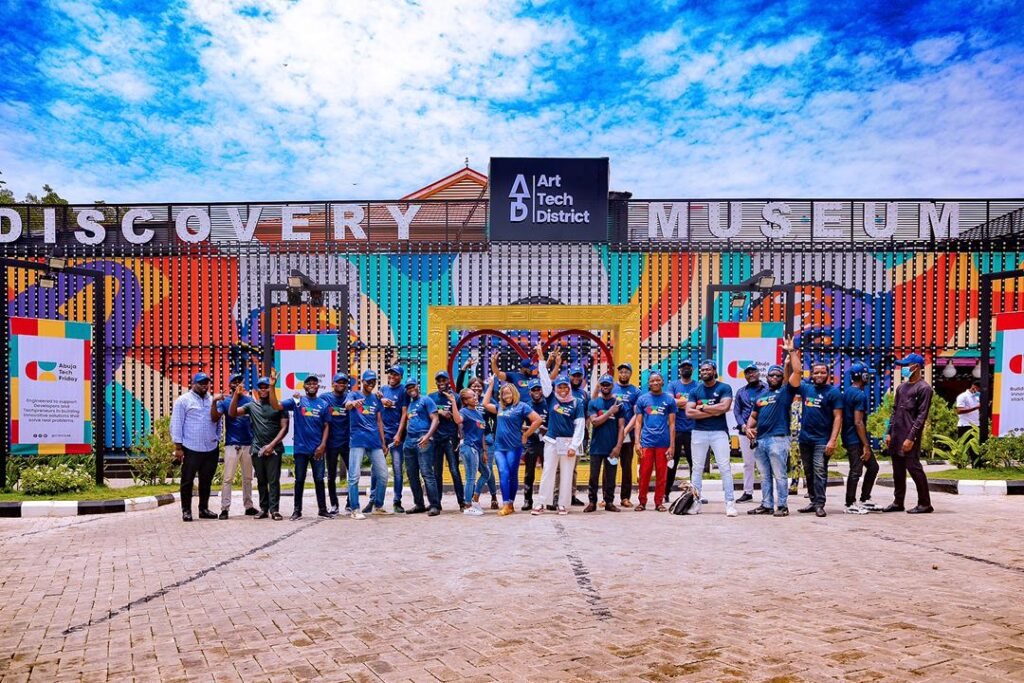
Cultural Education Meets Digital Tourism
The Nigeria Digital Museum is not only a tourism product but also an educational resource. It offers a wealth of learning opportunities for students, teachers, and researchers. With interactive quizzes, immersive storytelling, and multimedia archives, it introduces Nigeria’s cultural narratives in ways that are engaging for both children and adults.
For Nigerian schools, this tool could transform history and cultural studies. Teachers can integrate it into lessons, allowing pupils to take “virtual field trips” from their classrooms. In rural areas where access to physical museums is difficult, this digital alternative ensures no child is left out of cultural education.
Globally, the platform serves as a resource for scholars and universities. Researchers examining African art, pre-colonial civilisations, or religious traditions can now access verified Nigerian sources online. This could boost academic collaborations, encourage cultural exchange, and position Nigeria as a centre for heritage scholarship.
At the same time, the museum taps into the rising trend of edutainment—the blending of education and entertainment. Families, tourists, and diaspora Nigerians can enjoy storytelling that blends fact with creativity, turning history into a living, relatable experience. By doing this, Nigeria has made culture not just something to study but something to experience, enjoy, and carry with pride.
Boosting Nigeria’s Global Tourism Reputation
Tourism is one of the fastest-growing sectors globally, and cultural tourism represents a major share of that market. By launching the Nigeria Digital Museum, the country is positioning itself to expand its tourism reach beyond physical borders.
For local businesses—hotels, tour operators, restaurants, artisans—this digital entry point could mean new opportunities. A virtual visitor inspired by the online museum may choose to travel to Nigeria in person to see the National Theatre in Lagos, the Osun-Osogbo Sacred Grove, or the Sukur Cultural Landscape in Adamawa. Each trip creates economic ripple effects across local communities.
Additionally, Nigeria’s digital leadership in cultural preservation can enhance its international reputation. Countries that embrace digital heritage are often seen as forward-thinking, modern, and culturally confident. This boosts Nigeria’s soft power and strengthens its image as a destination worth exploring.
The launch also ties into Nigeria’s broader economic strategy. Diversifying beyond oil, the government has identified tourism and the creative economy as priority sectors. By blending culture with technology, the Nigeria Digital Museum reflects that vision of sustainable development powered by knowledge, creativity, and digital innovation.
Looking ahead, the platform is expected to grow, with more exhibits, multilingual options, and partnerships with global institutions. If managed effectively, it could become not just a national asset but a global benchmark for how countries use digital tools to preserve and promote culture.
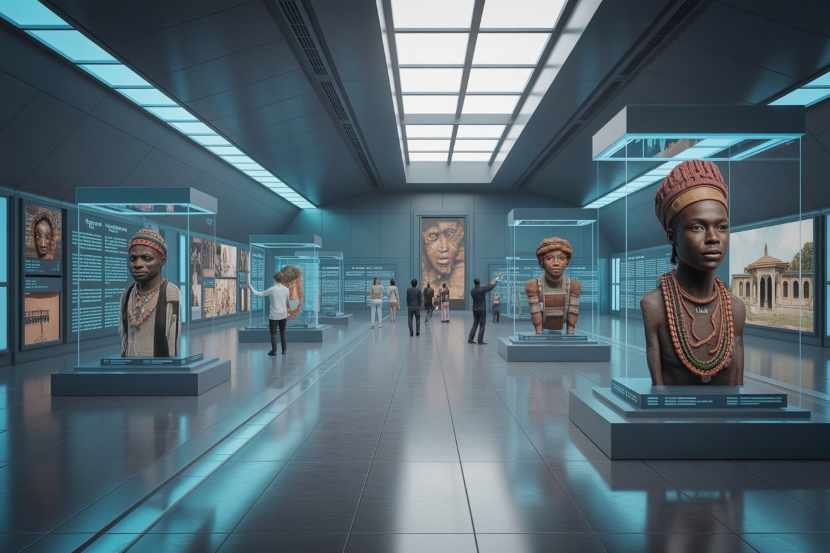
Conclusion
The unveiling of the Nigeria Digital Museum marks a defining moment for the nation’s tourism and cultural preservation journey. It is more than an archive—it is a living classroom, a virtual tour guide, a storytelling companion, and a global ambassador. It blends tradition with innovation, honouring Nigeria’s past while charting a digital path for the future.
With this step, Nigeria shows that culture is not only to be preserved but also to be shared, celebrated, and experienced by the world. In doing so, it strengthens its position as both a guardian of heritage and a leader in digital transformation.
As Minister Hannatu Musa Musawa put it during the launch, Nigeria is “not just preserving history but projecting it boldly into the future.” For citizens and global visitors alike, the digital museum offers an invitation: step in, explore, and see Nigeria in a new light.
Join Our Social Media Channels:
WhatsApp: NaijaEyes
Facebook: NaijaEyes
Twitter: NaijaEyes
Instagram: NaijaEyes
TikTok: NaijaEyes


